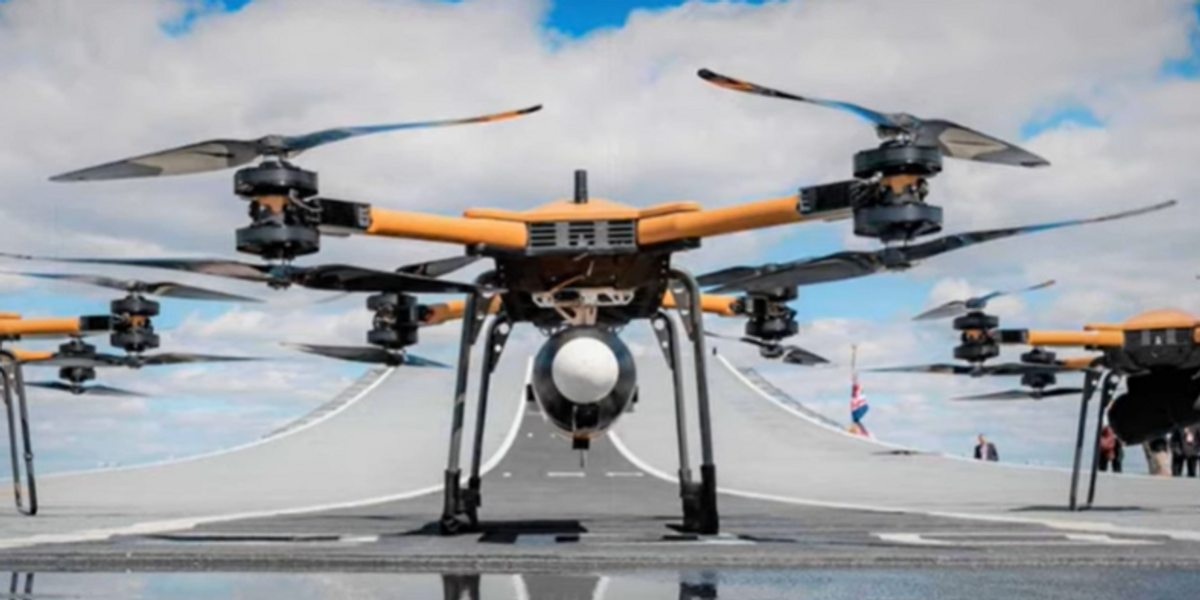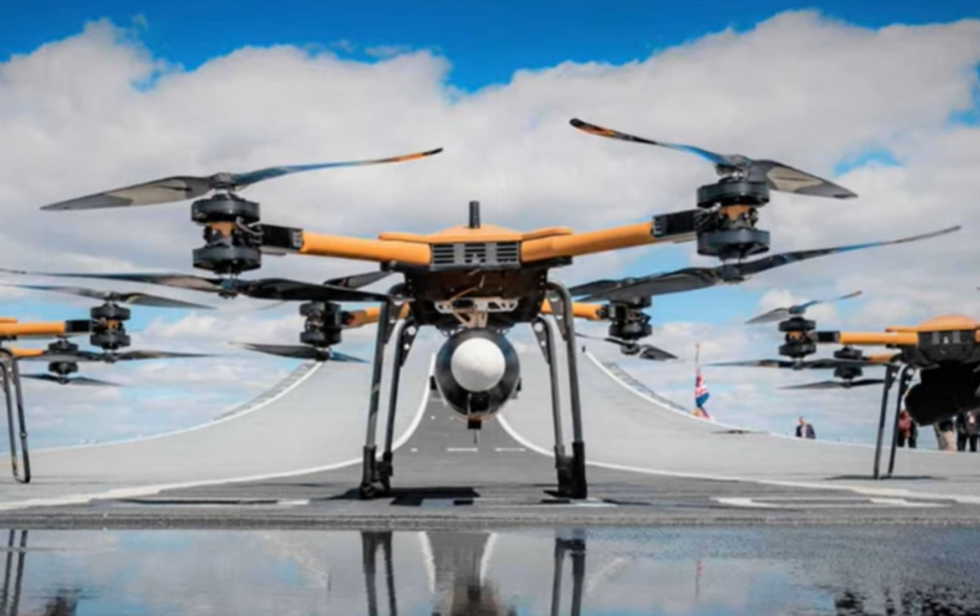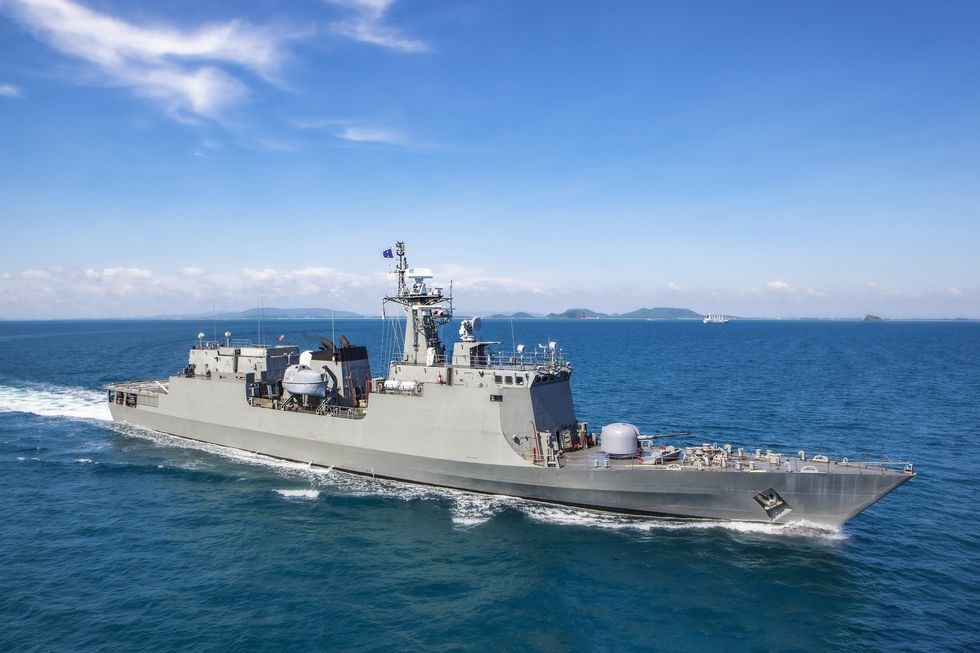



A British-made drone has been shot down by using precision missiles for the first time, in a significant breakthrough that could support troops defend against attacks.
The Malloy Aeronautics T-150 successfully deployed laser-directed rockets against flying drones during summer testing in the Utah desert.
The Berkshire-based company, a subsidiary of BAE Systems, confirmed the trials demonstrated the quadcopter's ability to destroy both ground-based and airborne targets with precision strikes.
Initially engineered to transport cargo loads of up to 68 kilograms, the T-150 quadcopters have been retrofitted with 70mm laser-guided rockets originally created for American military use.

YouTube/TechnoThunder
|The T-150 quadcopters have been retrofitted with 70mm laser-guided rockets
Each drone costs tens of thousands of pounds, while the precision munitions cost approximately £15,000 per unit.
The unmanned aircraft are already operational with the Royal Navy's carrier strike group, ferrying supplies, post and equipment between HMS Prince of Wales and its escort vessels during Indo-Pacific operations.
Anthony Gregory, of BAE Systems Air, explained the rationale behind the development.
He said: "Everybody can see what's going on in the world with drone technology. So the counter-[drone] piece is on everybody's lips, and therefore trying to do that in a sustainable and affordable way.
"At the minute, people are having to fire patriot missiles and all that kind of stuff. That's an expensive way of countering a very low-cost threat. So that's the genesis of why we've gone down this avenue."
Gregory noted that whilst laser weapons offer low per-shot costs, they require substantial, complex equipment.
Malloy and BAE started the programme to modify the T-150 to make it compatible with precision rockets in February.
A video released by the company shows the drone unloading rockets in the air, with missiles hitting a white van on the ground.
 GETTY |
GETTY |
Lasers are set to be fitted on at least four Royal Navy ships
The Ministry of Defence has also joined with private companies to develop laser weapons which are capable of destroying enemy drones.
The lasers are set to be fitted on at least four Royal Navy ships from 2027.
Gregory argued the drone could be cheaper and would provide armed forces flexibility when trying to protect critical national infrastructure.
He said: "Lasers are big and complex. Per shot, they're incredibly cheap. But they are big, expensive, complex bits of kit. The price of a drone is going to be cheaper, and you can probably have them in greater [numbers]."
